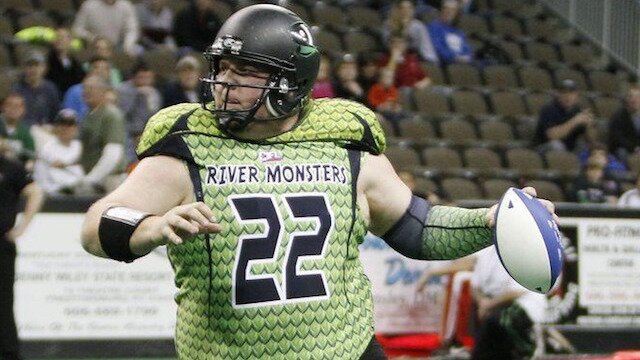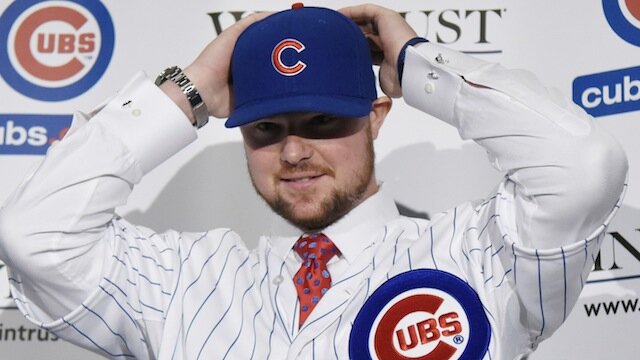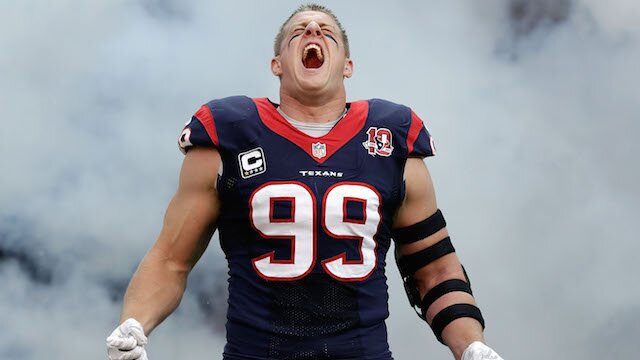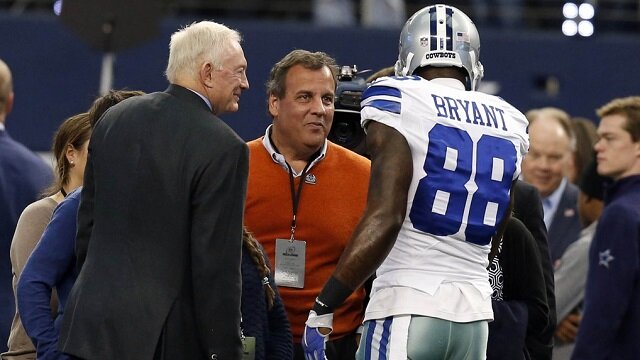Leigh Steinberg Blog: How to Be a Great Sports Agent, Part Two
So you have dreams about being a superstar sports agent, here are some first steps to take to achieve this goal.
It is useful to do an internal inventory as to what your motivations are. Create a priority list and consider 1) Short-Term Economic Gain, 2) Long-Term Economic Security, 3) Family and Relationships, 4) Geography, 5) Profile and Recognition, 6) Doing Work You Believe In, 7) Making a Positive Difference in the World, 8) Travel, 9) Autonomy, and 10) Role. Clarity as to why you want to do this is important. Hopefully, you have a true desire to help athletes enhance their lives, their careers, and life post-career. You must realize your responsibility as a steward of the sport for players now and in the future.
Study psychology in school and life. You need to have the ability to see the world from the perspective of an athlete, or team official. This puts yourself into their hearts and minds, which helps you understand their true motivations and needs. Every business course you take will be helpful as well. While you are in high school, college or grad school, try and secure an internship with an agency, marketing firm, club, league, or in sports television. Make yourself indispensable and learn as much as you can. You should become the one “go to” person who knows facts, regulations, and dates that are relevant.
To represent an athlete in team sports, it is required to be certified by the Players Association of that sport. The NFLPA Players Association requires an undergraduate degree and a post graduate degree in business, law, or sports administration. The NFLPA requires a fee and initial registration in January and will do a background check. They have a test given in the summer regarding the collective bargaining agreement and agent responsibilities.
Once cleared to take the test, passing the test, and obtaining liability insurance, new NFLPA agents are cleared around October 1st to start recruiting clients.
Most states have state regulatory laws that govern agents. Agents need to register and follow the rules of the state governing where a college athlete plays. The process involves paperwork and a fee. States like Texas and Florida have sent agents to jail for not following the regulations. Every college campus also has a Compliance officer. Agents are required to be in compliance to talk with an athlete from that school. There are periods of time in which compliance allows interaction with players, and many schools ask agents not to talk to their players during the season.
Know going in that being a sports agent is something that thousands aspire to do, but few are successful in. The competition is fierce. Careful consideration as to the economics of running a practice are necessary–it is a business. Create a business plan that is realistic. There are fee caps each union creates that limit what can be charged for a contract negotiation. Pro football is capped at 3% of the contract amount, only due once the player is actually paid. For the NBA, 4% is the maximum, while MLB is 5%. There are no fee caps regulating what can be charged for securing an endorsement.
This is a field for the best and brightest, requires superb work ethic and commitment. I held an agent seminar last Saturday to train a group of young prospective agents from across the country. They had idealism, passion and dedication. Our profession needs an infusion of new blood that has the best interests of athletes at heart, understands role modelling, second career, and who will enhance the sports world.
The emotional and business rewards are well worth making this leap!
Adult Film Stars Who Are Diehard Sports Fans
People all around the world are sports fan -- that includes women who do adult things for a living. Read More
20 Most Unathletic Looking Athletes in Sports
The collection of athletes in this list proves you don’t have to look like LeBron James to be one of the greatest athletes in the world. Read More
Top 25 Best Nicknames in Sports of All Time
A lot of star athletes are better remembered because of their cool nicknames. These 25 athletes had the coolest of all time. Read More
Steinberg on Kroenke's Plan for NFL in LA
In his official blog, Leigh Steinberg breaks down Stan Kroenke's plan to bring the NFL back to Los Angeles. Read More
The United States' Olympic Dilemma
Boston will try to host the 2024 Olympics. But the bigger issue is why would any American city want to? Read More
Bruna Lima: 20 Hot Photos of Fitness Model
Here's a look at 20 hot Instagram photos of the next big fitness model, Bruna Lima. Read More
15 Biggest Sports Brawls Of All Time
Athletes are often very aggressive individuals. Here are 15 of the biggest brawls in sports history. Read More
20 Easiest Athletes To Cheer For
Very few athletes are able to be great and endear themselves to fans on a regular basis. These 20 athletes possess that rare ability. Read More
Johnny Manziel and 20 Athletes You Love To Hate
Athletes like Johnny Manziel polarize themselves from the public, and these 20 are the most unlikable in all of sports. Read More
15 Fast-Rising Sports Franchises
There are several sports franchises that haven't been good in the past but are headed toward contention now. Expect these teams to win a title or two in the next few years. Read More
5 Records That Will Be Shattered in 2015
By the time the year 2015 has come to an end, these sports records will have fallen. Read More
The Most Surprising Celebrity Sports Fans
Chris Christie isn't the only celebrity that really, REALLY loves his favorite sports team. Read More


















